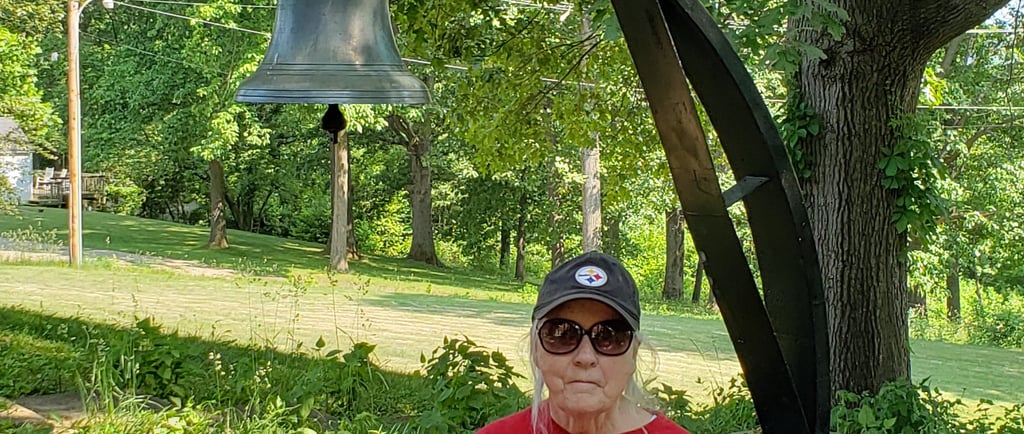Learning Empathy
Putting yourself in someone else's shoes is how you quickly learn to be empathetic. You must do this if you are to become a good caregiver.
Thomas
6/16/20233 min read


Learning to be Empathetic
Learning to be empathetic is a crucial skill that allows individuals to understand and share the feelings of others. It involves putting ourselves in someone else's shoes and experiencing the world from their perspective. By developing empathy, we become more compassionate, patient, and understanding towards others. It helps us build stronger relationships, foster a sense of unity, and promote harmony in our communities. Being empathetic enables us to connect with others on a deeper level, recognizing their emotions, and providing support when needed. It requires active listening, open-mindedness, and a willingness to step outside of our own preconceived notions. Through practice and self-reflection, we can cultivate empathy and create a more compassionate and inclusive society.
Taking care of your loved one at home is not as easy as some might think. This is especially true if your loved one is unable to do basic things for themselves. This is an extremely difficult thing for a person to go through. It can also be hard on the caregiver.
Before Diana had a stroke, she would do her thing and I would do mine. She went to bed and got up when she wanted and I did the same. We lived together but we also did the majority of things on our own.
When she came home after rehab this had certainly changed. Diana was no longer able to do even simple things for herself. I had to adjust to doing or helping her with all the things that she did on her own in the past. I did not find this to be a problem in the beginning. I was more than happy to help her with whatever she needed. You don't realize how many little tasks that we do for ourselves in a day's time. When you find yourself doing everything for someone else, it can be quite overwhelming.
There are often times when your dependent one needs something at the exact same time that you need yo do something for yourself. That has many times put me in the position to have to decide who needs what the most. I have the option to choose what to do but she does not.
Communication is a must here. In the beginning there were times when Diana would ask for something when I was already busy doing something else. I would stop whatever it was that I was doing and get her what she asked for. This was okay for awhile but then it started to get old. It was like I couldn't do anything without having to stop at least once. I knew she wasn't doing this on purpose but it was still getting frustrating.
Then one day she asked for something while I was already in the middle of doing something. I just looked at her and said "if you wouldn't mind giving me a few minutes I will do that for you". She said okay and in about five minutes she had what she had asked for. I had somehow planted it in my head that what she wanted or needed was to always be my top priority. That was on me, not her.
She wasn't demanding that I do this or that right at that very moment. I was the one doing that. Now we communicate better. Diana now tells me when she requires something in a hurry. She also lets me know when she can wait a little bit on what she asks for.
I guess maybe I got a little off topic here. The point I am trying to make is that the more you learn about the one you are caring for, the more helpful you can be to them. It is hard to imagine what it must be like to be completely independent one day and then almost totally dependent on someone else the next.
Diana usually falls asleep now before I do. Sometimes I just sit and watch her sleep and wonder what it must be like for her. I know there is no way that I can fully understand. It seems that the more I watch her and try to put myself in her shoes, the better I understand what she really needs.
